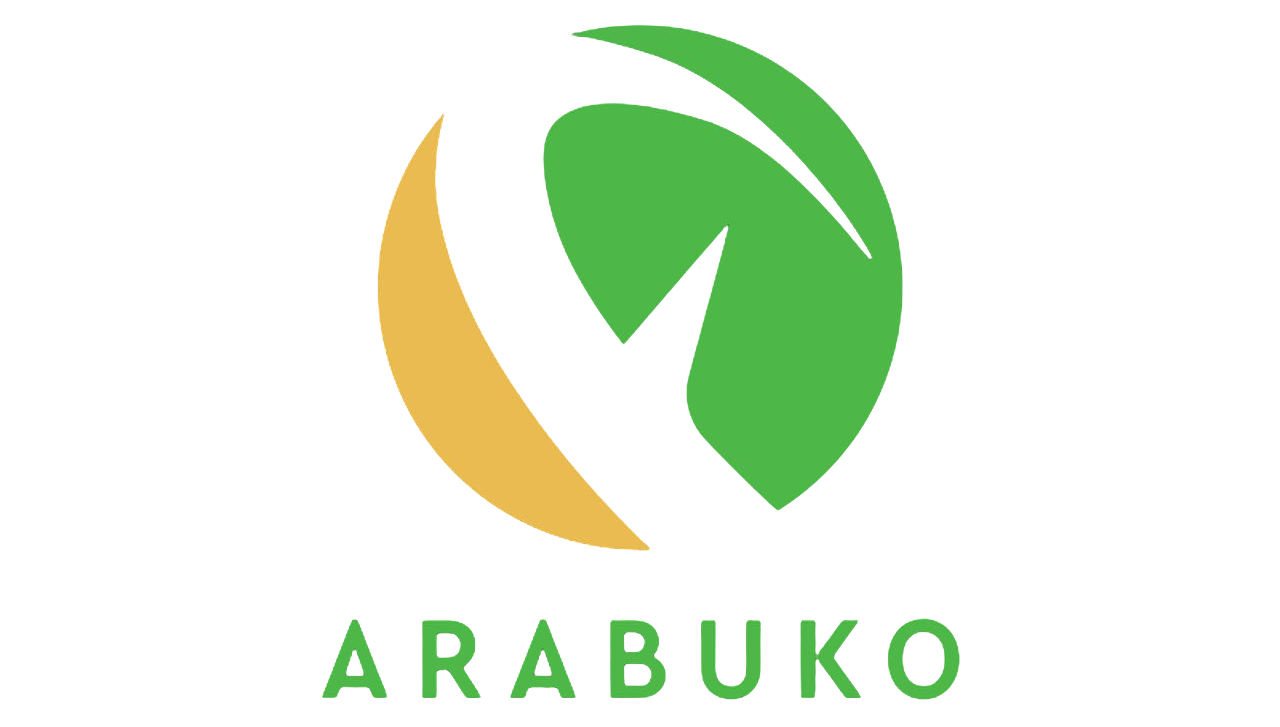Water-Efficient Irrigation Techniques in Sustainable Agriculture for SDG Progress
Agriculture is one of the most important sectors for achieving global sustainable development objectives. Water-efficient irrigation is a key component of any sustainable agricultural solution, as it optimizes the use of water for crop production while reducing any potential negative environmental impacts.
The Benefits of Water-Efficient Irrigation for Sustainable Agriculture
Water-efficient irrigation can help reduce water consumption, conserve water resources, and reduce soil erosion and contamination. Additionally, it can promote sustainable ecological and economic practices, such as reduced fossil fuel use for irrigation, and increased crop yields and water-use efficiency.
How Can Water-Efficient Irrigation Help Achieve SDG Progress?
Water-efficient irrigation techniques can contribute to global sustainable development objectives (SDGs). Specifically, effective implementation of water-efficient irrigation techniques could help reduce agricultural water use and promote sustainable water resources management. It could also help reduce land degradation, improve agricultural productivity, and conserve biodiversity – all of which are key components of achieving global sustainable development objectives.
Key Water-Efficient Irrigation Techniques for Sustainable Agriculture
There are several water-efficient irrigation techniques that can be used in sustainable agriculture to promote SDG progress. These include:
- Drip Irrigation: This method delivers water directly to the root of the plants, resulting in less water loss through evaporation and runoff.
- Spray Irrigation: This technique sprays water from a nozzle onto the soil, reducing water waste and providing an even distribution of water over the field.
- Soil Moisture Sensors: These sensors measure the amount of moisture in the soil, and can be used to automatically adjust irrigation levels.
- Rainwater Harvesting: This technique collects rainwater for use in irrigation, reducing the need to use other water resources.
Implementing these water-efficient irrigation techniques is essential for achieving sustainable development goals. By reducing water consumption, farming operations can reduce their environmental footprint and support global efforts to achieve a sustainable, low-carbon future.


